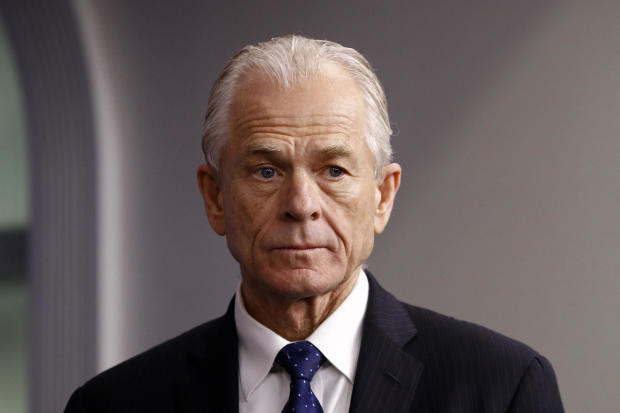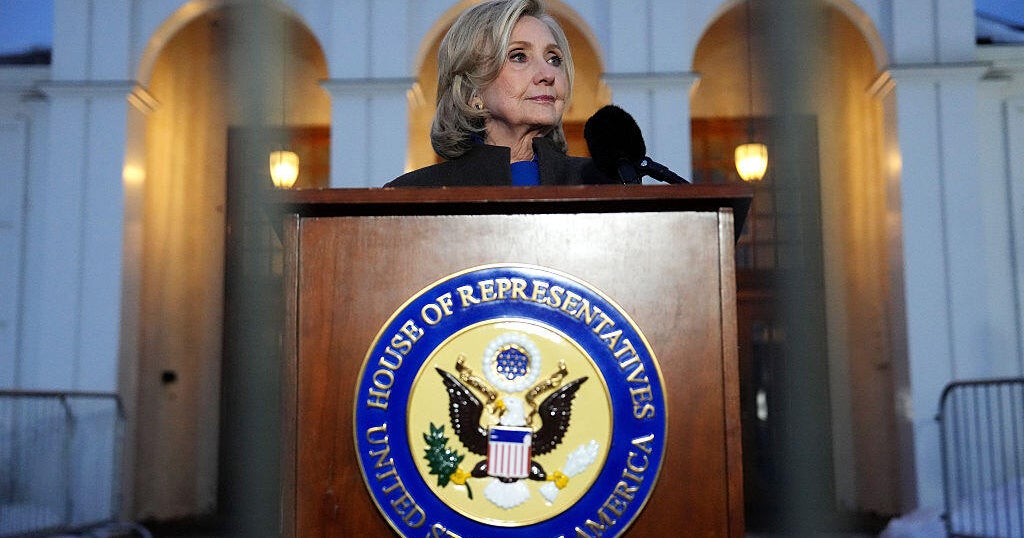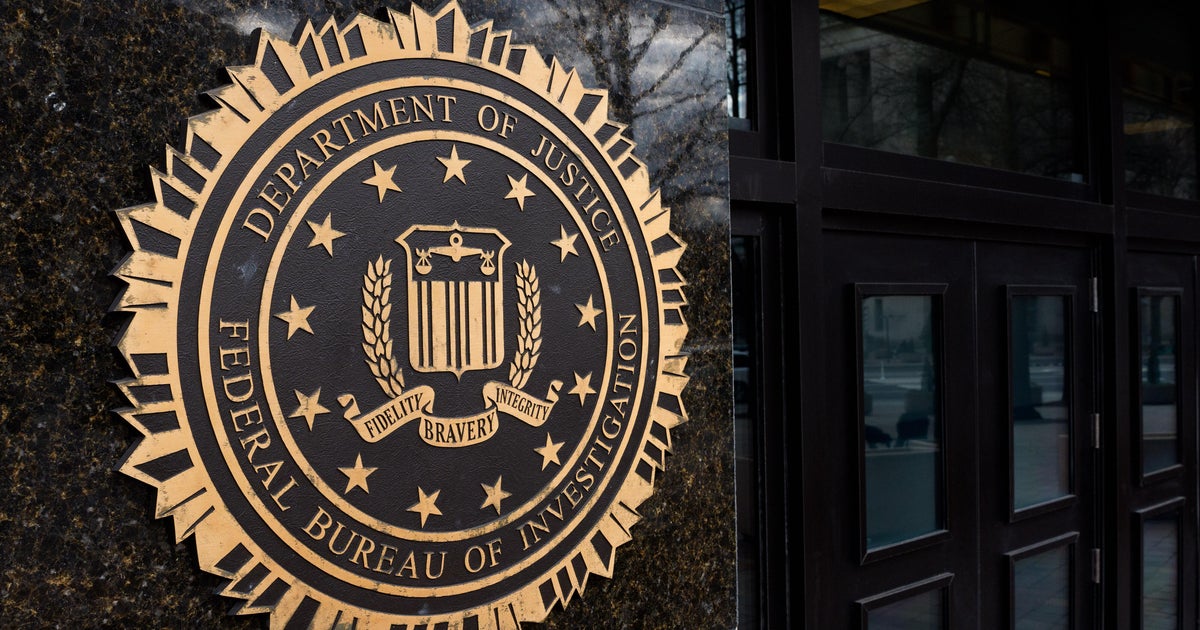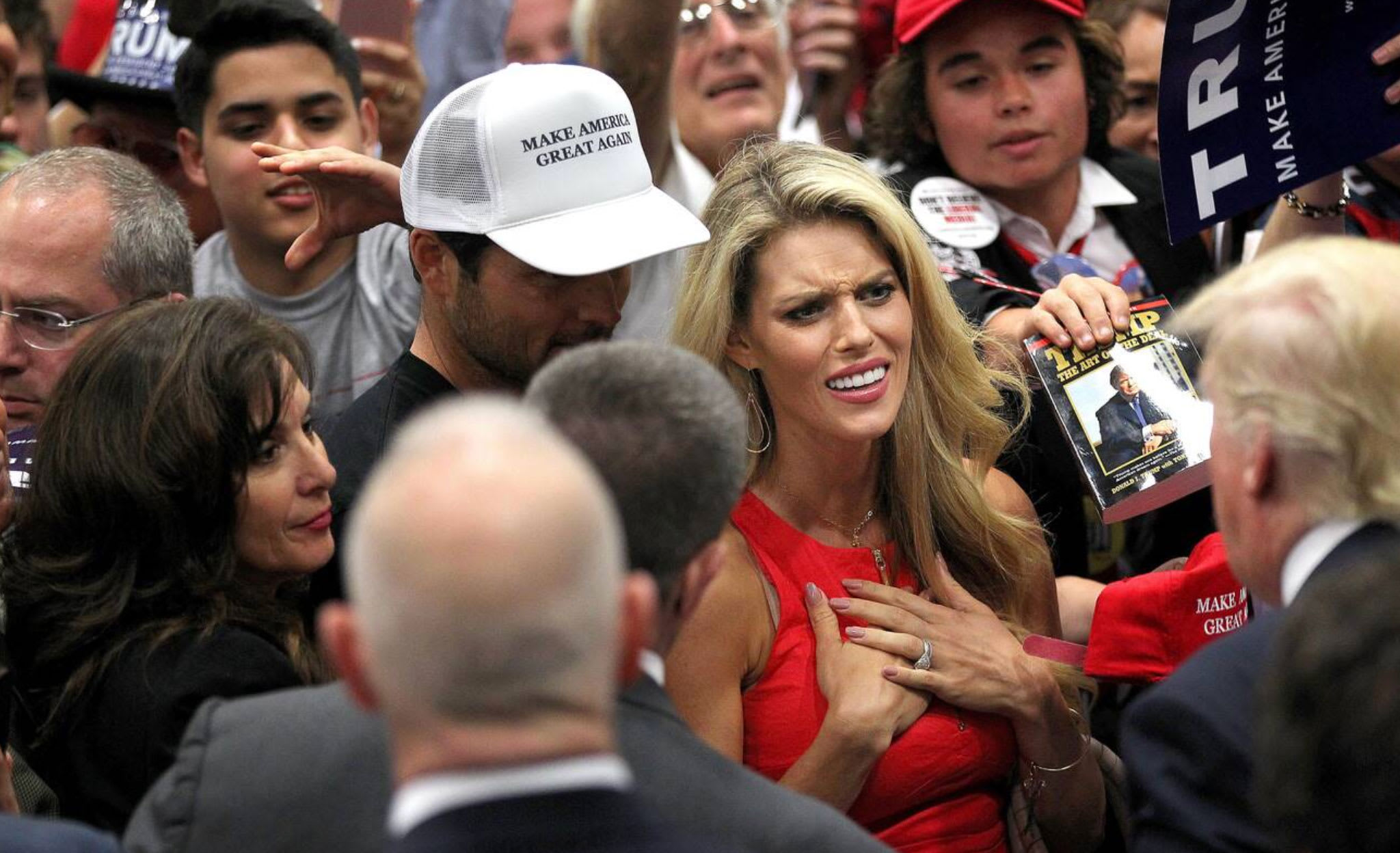Peter Navarro says Trump asserted privilege over testimony during Jan. 6 committee investigation
Washington — Former top Trump White House economic adviser Peter Navarro told a federal judge that Donald Trump made it "very clear" that he wanted Navarro to invoke certain privileges and not respond to a congressional subpoena from the now-defunct House select committee that investigated the Jan. 6, 2021, attack on the U.S. Capitol.
Navarro testified Monday that on Feb. 20, 2022 — 11 days after he was subpoenaed by the Jan. 6 committee — he called Trump and spoke with him for three minutes.
"It was clear during that call that privilege was invoked, very clear," Navarro said.
Navarro took the stand in an evidentiary hearing in which his legal team urged federal Judge Amit Mehta to allow Navarro to defend himself at his contempt of Congress trial by stating that Trump told him not to comply with the committee's subpoena.
Navarro said he had a meeting with Trump on April 5, 2022, where "there was no question that privilege had been invoked from the get-go," referring to Trump as "boss" and characterizing the conversation as one where Trump did most of the talking.
The select committee first subpoenaed Navarro for records and testimony in February 2022 as part of its investigation into efforts to reverse the outcome of the 2020 presidential election. After refusing to comply with the requests, Navarro was indicted on two counts of criminal contempt of Congress and pleaded not guilty.
His trial is set to begin Sept. 5, and the parties are estimating the proceedings will take just days to complete.
Prosecutors had urged the court not to hold Monday's evidentiary hearing at all, arguing Navarro had not provided the court with any actual evidence that Trump had actually invoked executive privilege or testimonial immunity — certain protections afforded to presidents in specific scenarios — over Navarro's response to the congressional subpoena.
But in a ruling last month, Mehta wrote, "The court…will permit Defendant, through his own testimony or other evidence, to establish the factual predicate for the actual, proper invocation of executive privilege or testimonial immunity, or both, by the former President."
Judge Mehta raised questions about the existence of any documented evidence substantiating Navarro's claim that Trump directed the invocation of the privileges.
"I still don't have any inkling of what the president's words were," he said.
Stanley Woodward, Navarro's defense attorney, said that he, too, wished there were more physical documentation of the executive privilege, but he argued that the "unconventional approach" did not invalidate Navarro's right to defend himself by saying he thought he had been formally restricted from speaking to Congress.
When asked about his communication with Trump, Navarro said he did not email him directly and communicated with him through his aides, adding, "He's not a text guy."
But the Justice Department said there was nothing to prove that Trump even saw the Jan. 6 subpoena, much less evidence that supports the claim that he formally shielded Navarro from testimony.
The defense contended that it would have been "inconceivable" that Trump would grant executive privilege to all his other senior advisers who had been subpoenaed by the Jan. 6 House select committee and not to Navarro. Notably, in a separate hearing in the courtroom adjacent to the one where Navarro was testifying, federal prosecutors in Trump's prosecution revealed the former president's legal team had mounted multiple sealed court battles over assertions of executive privilege in an unsuccessful attempt to stop a number of grand jury witnesses from testifying in the special counsel's probe.
Before Monday's hearing, Mehta ruled that Navarro would need to show formal, concrete proof during Monday's hearing that such protections had been invoked to make the privilege or immunity defense at trial. Mehta also specified that any argument about testimonial immunity would only apply to the second count for which Navarro was charged — related to his refusal to testify — and the first count, related to the production of relevant records, would be subject only to executive privilege.
The judge said he would rule on whether Navarro could use the privilege and immunity defenses at his upcoming trial in the coming days.
Judge Mehta said that what made the case "odd" was that no one was denying that Navarro believed that he had executive privilege.
Navarro is the second Trump ally to be prosecuted for refusing to comply with a subpoena from the former House Select Committee.
Steve Bannon was convicted last year of two counts of contempt of Congress after he, like Navarro, did not hand over requested documents or sit for a deposition. His sentencing hearing has been suspended as he appeals his guilty verdict to a higher court.
Other Trump aides, Mark Meadows and Dan Scavino, were referred by Congress to the Justice Department for contempt charges but were not ultimately charged.
Each count Navarro faces carries a maximum sentence of one year in prison.




